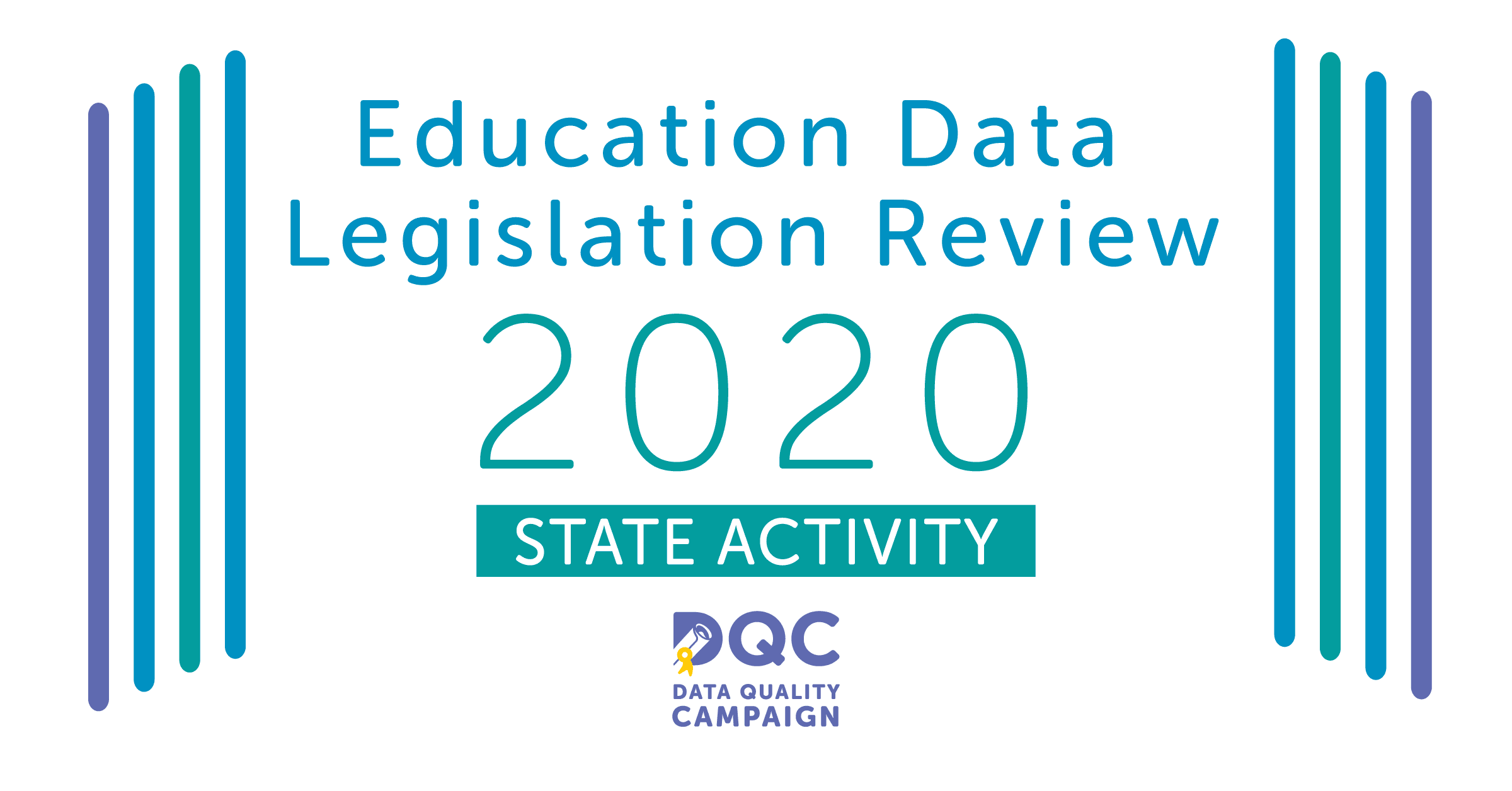State policymakers have many different goals for education this year, but improving school climate is already proving to be one of their top priorities.
In the early stages of our annual review of education data legislation, we are already seeing state legislators consider efforts to ensure that state leaders and the public have better information about school climate. Hawaii policymakers are considering a bill that would require the Hawaii Department of Education to establish a process for schools to report data related to school climate and discipline, and make this data available to the public.
In the bill, Hawaii policymakers state an intent to preserve data collections that may be lost if U.S. Department of Education acts on its proposal to reduce the scope of the Civil Rights Data Collection (CRDC) in order to streamline data collection and reporting as part of the 1995 Paperwork Reduction Act. Arizona policymakers also introduced a bill that would require schools and local education agencies to publish the most recent CRDC data on their public websites.
These new bills demonstrate that state policymakers see value in timely, accurate data on school discipline practices. However, collecting data is only the first step. As state policymakers consider such proposals, they should think about how to ensure data is useful, high-quality, and easy to understand.
Hawaii policymakers are already moving in this direction. The bill charges the Hawaii Department of Education to ensure that the data is accurate and reported in a way that is understandable to families and advocates. The bill also requires the Hawaii Department of Education to compile an annual report for each school which should include an analysis of any disproportionality among different groups of students – an important set of information for families, who deserve to know whether their local schools are serving the needs of students like theirs.
State policymakers have an important role to play in ensuring that leaders and those closest to students have high-quality data. As state policymakers consider proposals to shine a light on school climate, they should think about ways they can ensure data is high-quality and easy to find and understand – and then move beyond data collection to consider how the data will be used to inform decisions.
This blog post is also available as a story on Medium.


